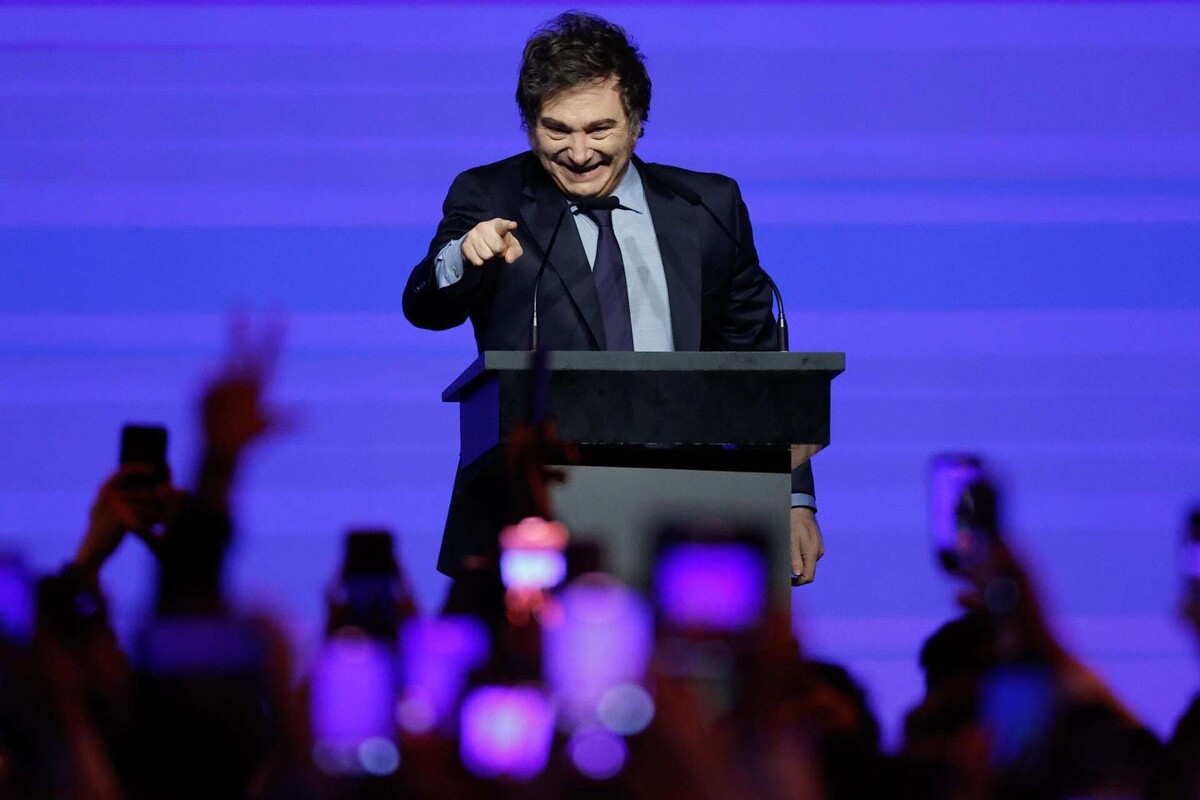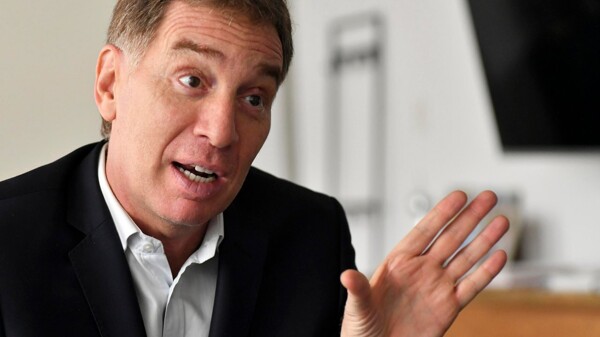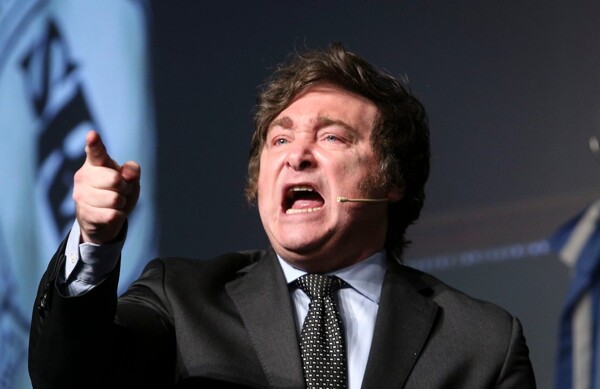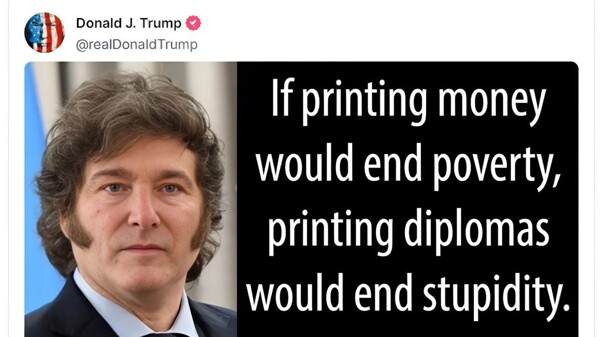
Inflation in Argentina has experienced a significant slowdown, contributing to maintaining Javier Milei's popularity as president. Year-on-year inflation is expected to fall to 23 percent this year, according to economists consulted by the central bank, while the government forecasted 18 percent in its budget for 2025.
Consumer prices rose by 2.2 percent in January, marking the lowest level since July 2020, and annual inflation slowed to 84.5 percent, a remarkable improvement from previous years. Milei has managed to control expectations in an economy historically prone to crises, affected by hyperinflation in the recent past.
President Milei has implemented measures such as cuts in the government budget and tax reductions to combat inflation. After a sudden devaluation in 2023 that impacted inflation, Milei has carefully managed the monthly depreciation of the Argentine peso to minimize its effect on prices, achieving gradual stabilization.
In January, Milei abolished a key tax on purchases in U.S. dollars, thereby easing pressure on the prices of imported goods and services. Additionally, the government reduced the monthly depreciation of the peso, and the central bank cut rates by 300 basis points to 29 percent, reflecting an improvement in inflation expectations in the country since Milei took office as president.
The Minister of Economy, Luis Caputo, has expressed his expectation that the monthly inflation rate will fall below 2 percent starting in February, following the adjustment in the fixed exchange rate. This series of coordinated actions has helped to control inflation in Argentina and create a more stable economic outlook.














